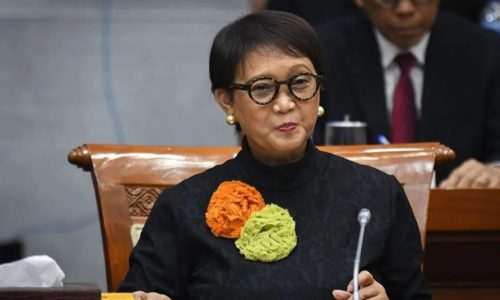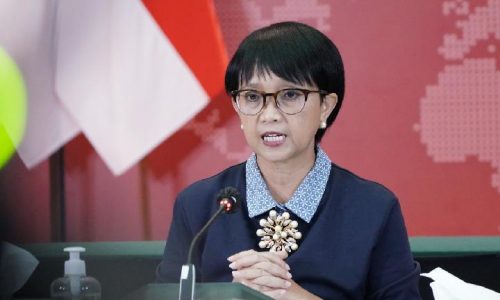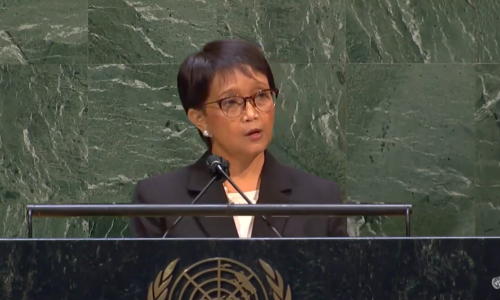The Indonesian court’s ruling to release Bali bombings convict Umar Patek early on parole was like rubbing salt to unhealed wounds for many, especially for Australians whose families and friends fell victims in the 2002 bombs that killed 202 people and injured 209 others.
Jan Laczynski, one of the outraged Australian nationals who lost friends in the tragedy, said as quoted by BBC: “This guy gets his life back again. For a lot of us, we’ll never get our lives back again.”
Australia’s Shadow Home Affairs Minister, Karen Andrews, expressed her view as quoted by Sky News Australia on Patek’s parole as “terribly disappointing” and that “this is a sad day for them”, referring to the bombings’ survivors and victims’s families.
During an interview with Channel 10 Australia’s Studio 10 show, Australian Prime Minister Anthony Albanese conveyed harsh sentiments as a reaction to the parole and that he felt “nothing but contempt and disgust for this man and the terrorist actions that he engaged in.”
Australian government intends to press Indonesia to keep Patek under constant surveillance and the Indonesian government has affirmed that Patek is under an obligatory “mentoring program”, which could lead to the revoking of the parole if he violates the terms before 2030.
Indonesian authorities claimed that Patek has been deradicalized and reformed and so his release on parole was justified in this way. However, many of the survivors expressed distrust towards this claim.
Is deradicalization still effective?
It is not surprising that Patek’s deradicalization is being doubted by many. Indonesia’s ongoing struggle against radicalization and terrorism through its deradicalization program has had its fair share of failures. There were cases when former convicted terrorists, who have undergone the deradicalization program, were back in action to commit acts of terrorism.
Agus Sujanto a.k.a. Agus Muslim was the latest example. He is a former convicted terrorist who went through the deradicalization program and released. On December 7, 2022, he carried out a suicide bombing attack, targeting the Astananayar Police precinct in Bandung.
Such a failure has led the House of Representatives (DPR) to question and propose reform in the deradicalization program, originally set up by the National Counterterrorism Agency (BNPT), considering the current program as a failure.
Chairman of the House’s Commission III overseeing human rights and security Bambang Wuryanto said the deradicalization program must be re-examined. “According to preliminary records, this suicide bomber was a former convict, who served four years of jail term in Nusakambangan,” he said, referring to the prison island in the southern part of Central Java’s town of Cilacap.
Patek, a former member of Al-Qaeda linked Jamaah Islamiyyah, was granted early release in August 2022 after serving half of his 20-year sentence. Born in Pemalang regency, Central Java, in 1966, he started actively participating in terrorist groups since the late 1990s. He was arrested on January 25, 2011, in the Pakistani city of Abbotabad and was promptly extradited to Indonesia later in August the same year. The Indonesian court sentenced him to 20 years imprisonment. According to his own testimony, Patek was one of the key players in the 2002 Bali bombing tragedy.








